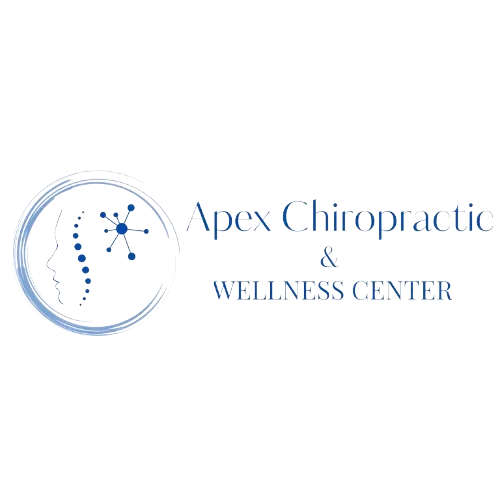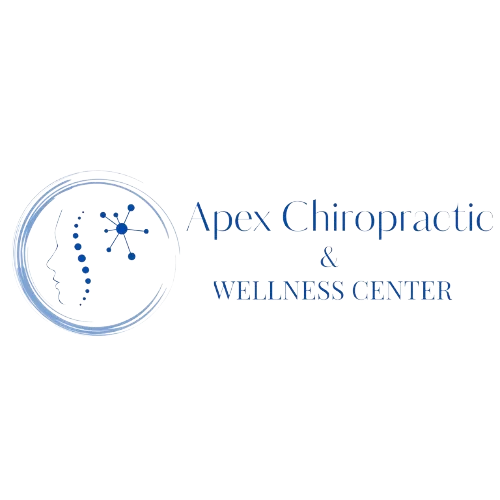Contact Us
Get in Touch with Apex Chiropractic & Wellness Center
Reach out to Apex Chiropractic & Wellness Center for all your health inquiries, appointment bookings, and feedback. We're here to support your journey to optimal health with personalized care and expert guidance.
Contact Information
Connect with us today to schedule your appointment or to ask any questions you might have about our services. We're eager to hear from you and assist in any way we can.
+1 (717) 550-0840
1725 Oregon Pike STE A104 Lancaster, PA 17601
Monday & Wednesday: 8am-12pm, 1pm-6pm
Tuesday & Thursday: 8am-3pm
Friday - Sunday: Closed

Don't hesitate to reach out. Whether you're ready to book an appointment or simply have a few questions, we're here to provide the information and support you need. Your health and wellness journey is important to us.
Office Hours
Monday & Wednesday
8am-12pm, 1pm-6pm
Tuesday & Thursday
8am-3pm
Friday - Sunday
Closed
All Rights Reserved © 2025 | Apex Chiropractic & Wellness Center
Powered by: HBOT Revolution
